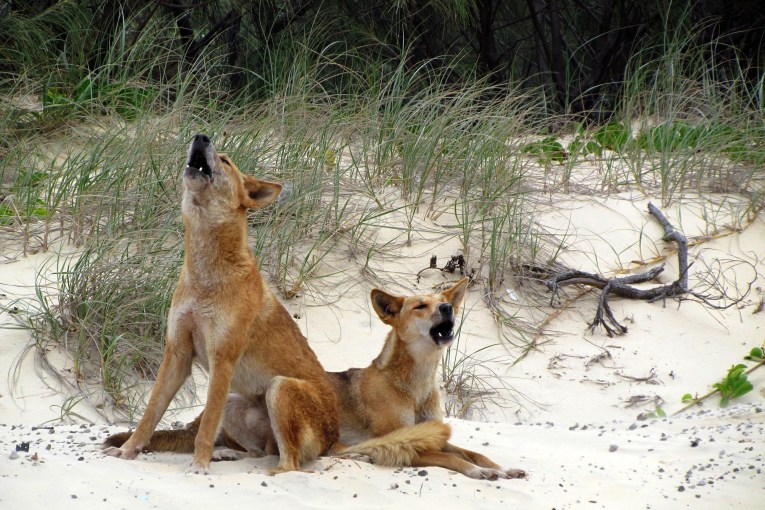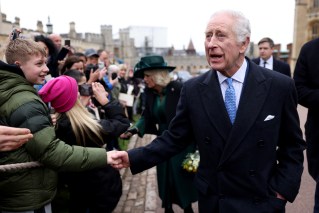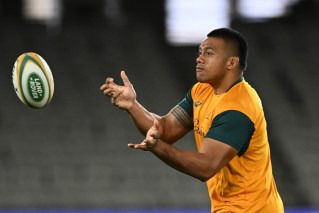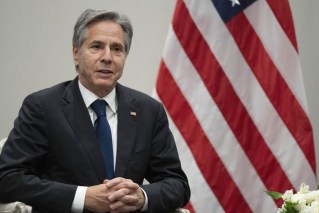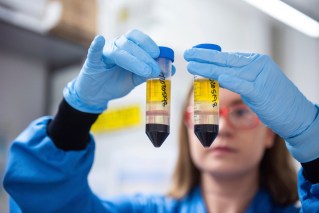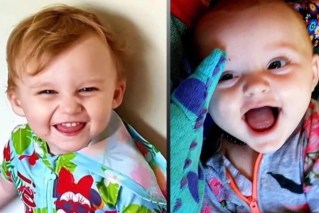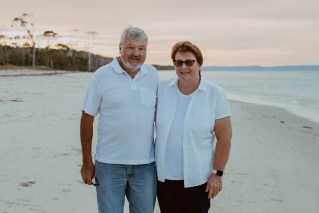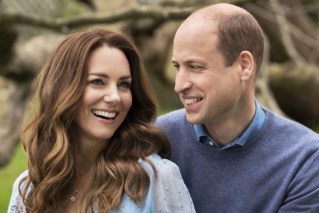Moderna vaccine approved for children
A second Covid-19 vaccine has been given the green light for children, with the medical regulator provisionally approving Moderna for those aged six years and older.
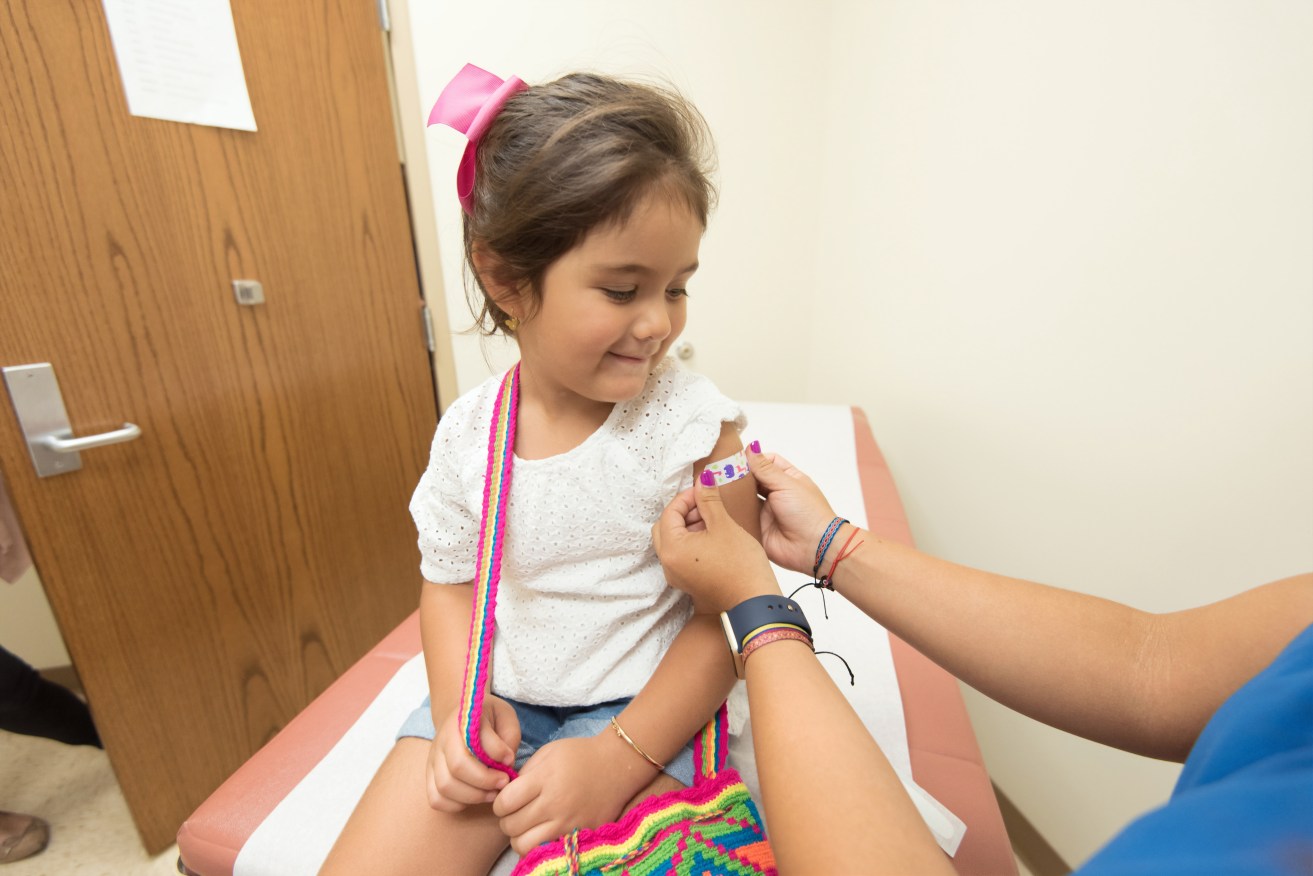
The Therapeutic Goods Administration on Thursday gave the go-ahead for six to 11-year-olds to receive the Moderna vaccine.
Moderna was previously only available to people 12 and over.
It now joins Pfizer as a Covid-19 vaccine recommended for children.
A final approval will need to be granted by the Australian Technical Advisory Group on Immunisation.
The medical regulator said children should receive two doses of the Moderna vaccine, spaced four weeks apart.
The approval decision was made after careful consideration of clinical trial data from the US and Canada, which included 4000 children.
“Clinical trials also showed that the safety profile is similar to that seen in adults,” the TGA said.
So far, more than one million children aged five to 11 have received their first Covid-19 vaccine dose, or more than 48 per cent of the cohort.
Moderna chief executive Stéphane Bancel said it was an important milestone for the company as it was the first regulatory authorisation for the use of its vaccine in this age group.
Epidemiologist Professor Robert Booy from the Immunisation Coalition said it would provide more protection for children and maximise school attendance.
The decision came as NSW and Victoria were poised to further ease a swathe of restrictions, with some changes coming as early as Friday.
However, a leading infectious diseases expert warned state governments may need to reintroduce restrictions in the upcoming winter.
Professor Peter Collignon from the Australian National University said a likely wave of cases in winter would require a rethink.
“It’s appropriate (to ease restrictions now) as we have high levels of vaccination and there will be less spread for the next few months, but we will have to reconsider what happens in winter.”
In total, 28,052 COVID-19 cases were reported across the country, with 9995 in NSW, 8501 in Victoria, 5665 in Queensland, 1440 in SA, 537 in ACT, 680 in Tasmania, 1045 in the NT and 189 in WA.
